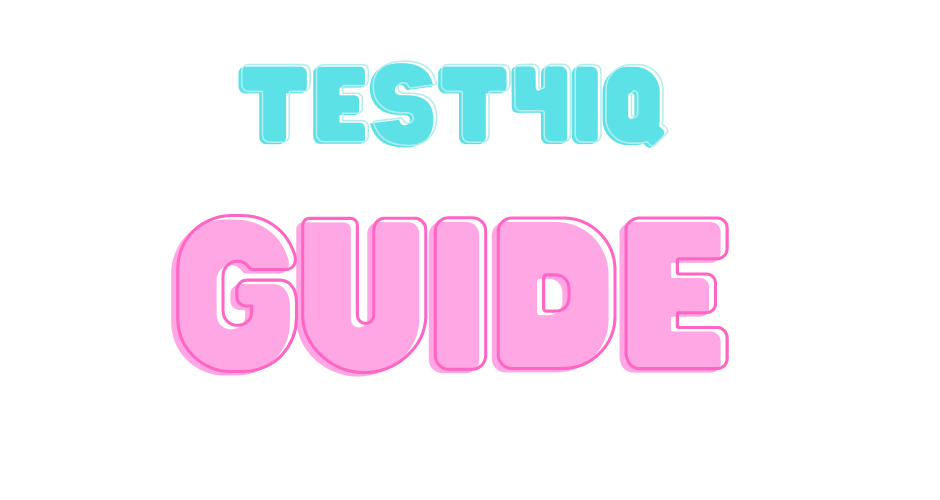Burning: He must have been in Yemen but he went on a paid vacation with a Saudi princess
Trying to love sports with a clear conscience today is like orienting yourself with the self-confident guy in the school gym.
It goes fast at first but always ends up missing you.
But the real bad guys are still easy to find.
Is there an amount of money that excuses you from playing hockey for a fighting and fighting Russian regime? Or football in China where people are tortured in concentration camps? Or pole vaulting next to slave laborers in Qatar?
And if so, how big is this amount?
Is it okay for Emile Crafth to fight for an English football club owned by Saudi Arabia? Can he even accept to play in one A copy of the Saudi national team shirt?
Is it hypocritical for Erling Haaland to wear a shirt calling for respect for human rights – and then sign UAE-owned club Manchester City? Would it have been better if this shirt hadn’t heated up at all?
And so last week: Should Russian children be allowed to play sports in Sweden?
The whole sport seems like a tough philosophical challenge. The easiest thing is to close your eyes and hope that everything will be the same again soon.
The Olympics on SVT, sumo wrestling on Eurosport and the rare soccer pros who really want nothing more than to go home and be cool in the middle of summer.
(But now even Glenn Heisen is political and controversial!)
No ethical dilemmas
I know you hate these issues, I do. I just want to turn up the volume on the TV and let the phrase from the chips kill the thoughts running through my head, but I’ve also noticed there’s a lot of risk involved with that.
My reluctance to dip my toes into moral swamps could miss the all-too-obvious dung. Those questions where we can (and should!) without hesitation point the finger directly at someone and say “Yes, there is at least a completely insatiable egoist without morals and ethics.”
Like David Beckham. Eller Leo Messi.
Two soccer stars who are today at the top of the world and are free to choose what they want to do with their lives and their brands.
David Beckham chose to become the name of the poster he mocked in all respects for the World Cup in Qatar. Leo Messi decided to go to Saudi Arabia to fill in his social media with “visitaudi” (and at least the offices of former tax planning accountants with more work).
Exactly: Saudi Arabia, which has caused a humanitarian catastrophe in Yemen, with what the United Nations has called the “worst war in the world”.
There are no ethical dilemmas here. There are only two greedy bellies here who now deserve to be remembered even if they are. Great footballers, but poor role models.
On a guided tour with the Princess
But what are we going to do with these people next? Should we stop watching Messi play football now? Can we not stare at David Beckham anymore?
You know those tough questions. But persevere, because here too there is an easy way.
Anyway, we can stop washing the interface for people working to do the same with killer systems.
Since 1954, the United Nations relief agency UNICEF has appointed so-called Goodwill Ambassadors. It is the public figures who will help shed light and raise money for charity. But it’s also an exceptional title. A kind of modern dubbing.
On the UNICEF website, there is a list of 27 selected Knights of Goodness. Only two male athletes were selected in the exclusive crowd: David Beckham and Leo Messi.
David Beckham, who chose to cast a shadow over the abuses that occurred in the wake of the World Cup in Qatar, rather than standing by the guest workers and highlighting them as a UNICEF ambassador.
Leo Messi, who once bathed on a yacht in the warring Saudi Arabia – to demand support for the world’s refugees two days later. It should be a world record in hypocrisy.
Leo Messi should have gone with UNICEF to the humanitarian disaster in Yemen, but instead he went on a guided tour around Jeddah. With a Saudi princess.
And as I write this, he’s suddenly having lunch with Beckham on the “Qatar Tour” of PSG.
Kick them out, UNICEF!

